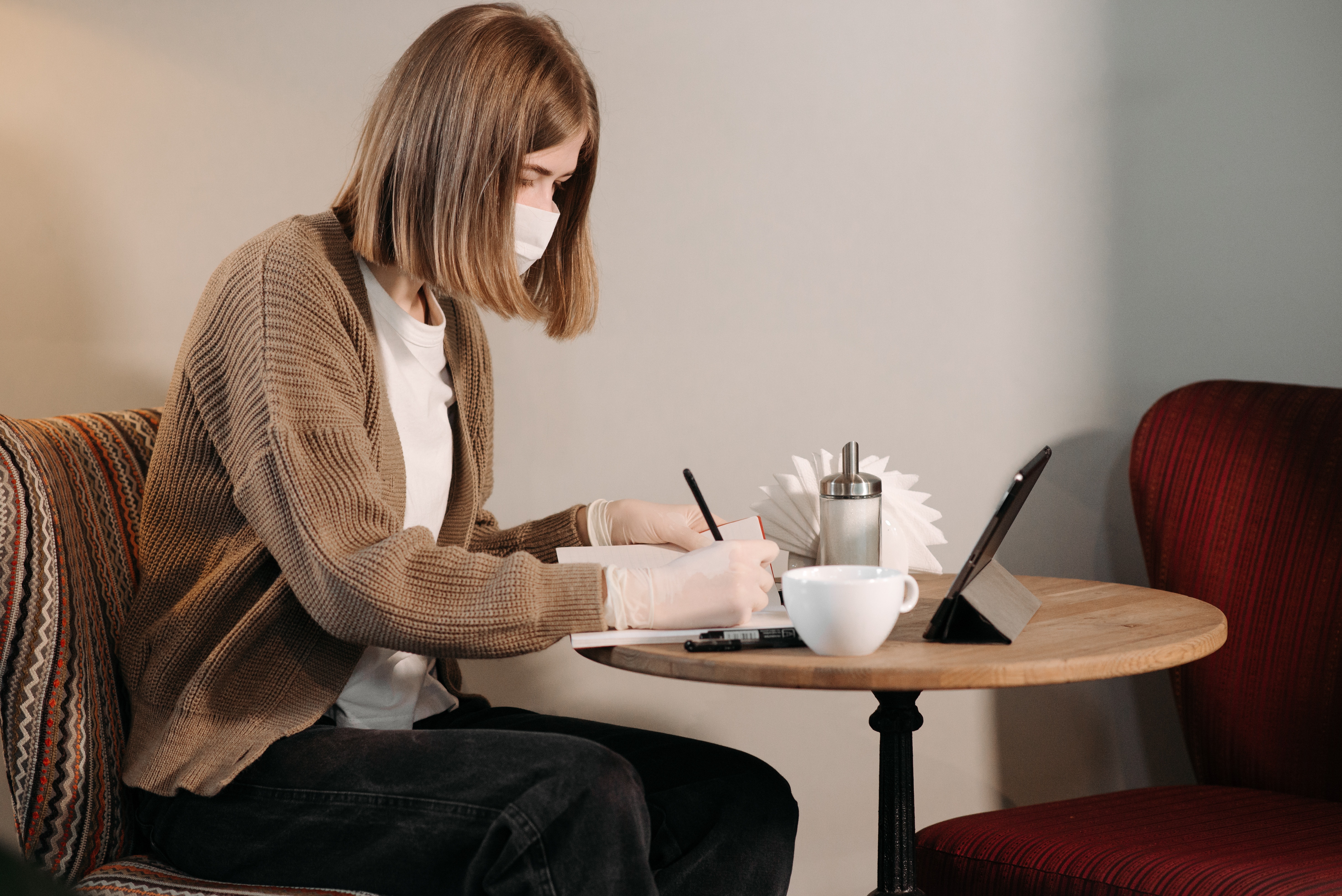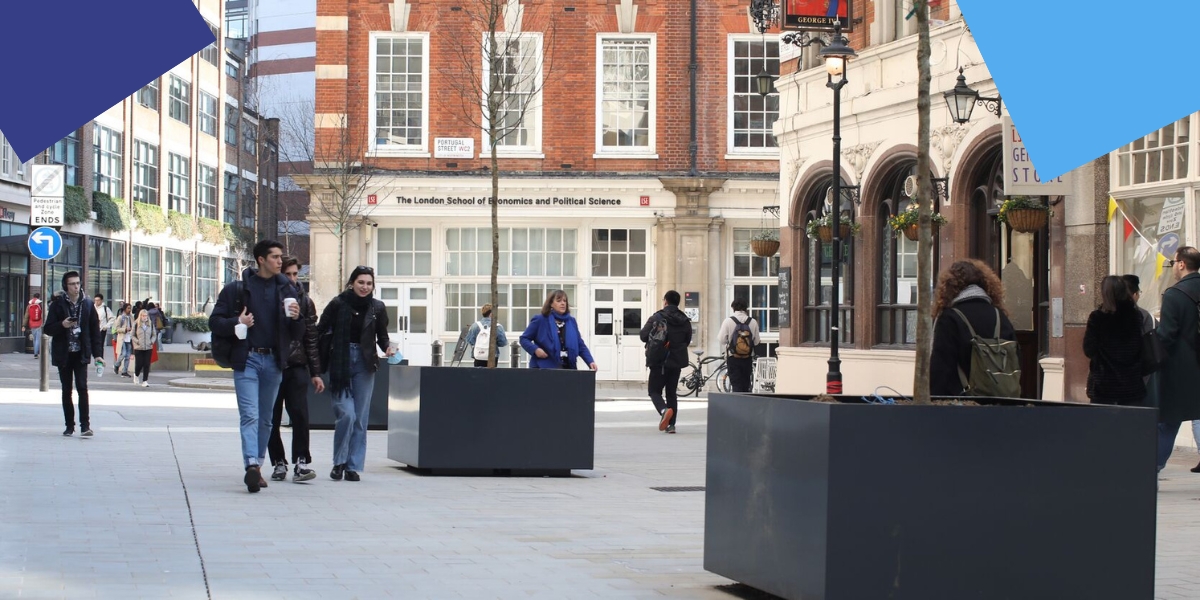We’ve reached the point in the academic year where we’ve had several months to settle into university life at the London School of Economics and Political Science. We’ve written essays, given presentations, met our professors and fellow students (either in person or virtually), have socialised within the confines of social distancing rules, and have probably given some thought about our dissertations to be written over the summer. I thought now would be a good time to interview some fellow master’s students from the International History department and hear their thoughts about how this term has been for them. There is a part II to this blog, so please check it out to meet more international history master’s students!
Name: Monalisa Saha
Degree: MSc History of International Relations
Age: 22
Hometown: Ancona, Italy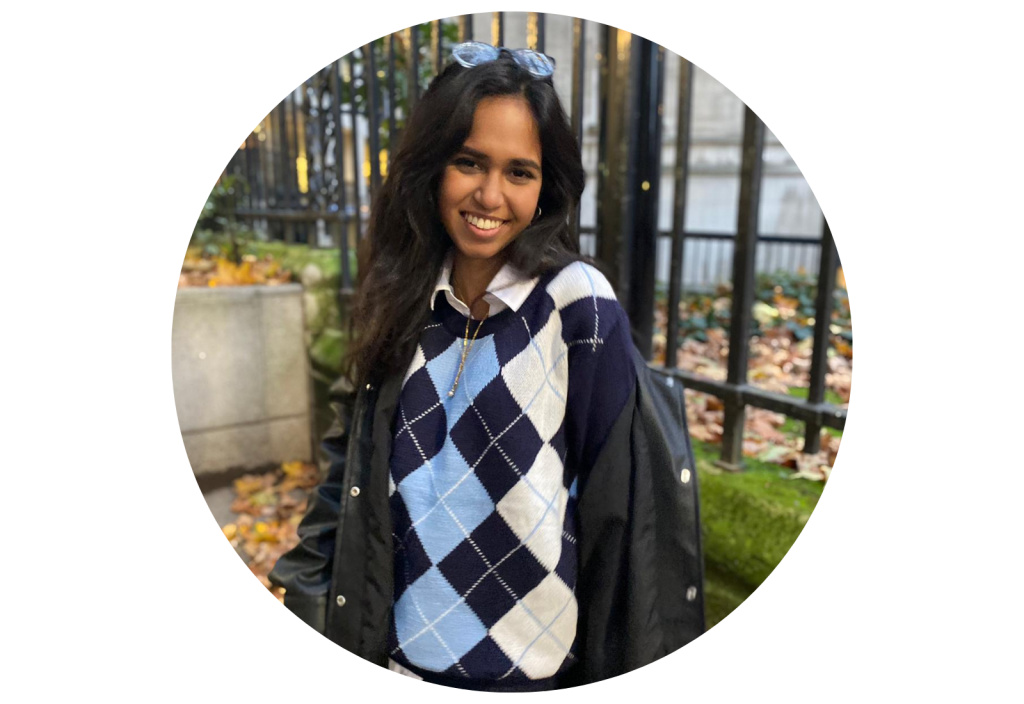
Why did you choose LSE?
LSE had the best range of courses for international relations, and the highest graduate success rate through LSE Careers. Also the course I chose was the perfect bridge between my undergraduate degree at Oxford and an IR foundation for a career in IR.
What can you say about your academic growth at LSE?
I think I have become much better at time management and engaging with academic arguments critically rather than at a passive absorptive level.
What’s been the hardest thing you’ve experienced so far, and how have you overcome these difficulties?
Probably balancing the workload in the essay weeks, on top of three reading lists and presentations and essays it has been put my time management skills to the test, but I’ve just had to plan ahead a little bit over Reading Week and use my weekends more productively.
What’s your favourite course(s)?
I enjoy all 3 of my courses deeply, but if I had to pick a favourite it would have to be the European Empires and Global Conflict with David Motadel. Funnily enough, this was a course I didn’t initially see myself in (military history isn’t my area of expertise), but this class definitely produces the most interesting discussions and over the term I believe we’ve developed a sense of class camaraderie, which has been really nice. Not to mention the professor is incredible! Not only a great educator, but a highly interesting person to learn from.
Do you have any advice for future LSE master’s students?
Be proactive in making friends! Everyone here is open minded and has as much to offer you and your perspective of the world as you do them – so get out there, take in the city, the people, and this year(s) that will stay with you!
Do you have any advice about living in London?
Get any sort of travel card, just do. London is very expensive to travel in and getting a travel card would cut down your losses by a lot. Also, walk. London is a beautiful city for walks and you never know what you might find around random nooks and crannies! In a city as big and busy as this, it’s easy to sometimes feel isolated and unproductive, so my advice would be to remember that you are also part of the life-force of the city, and sometimes just taking a walk and getting out and about can do wonders.
Name: Michele Pajero
Degree: Dual MA/MSc in International and World History (Columbia University & LSE)
Age: 26
Hometown: Trieste, Italy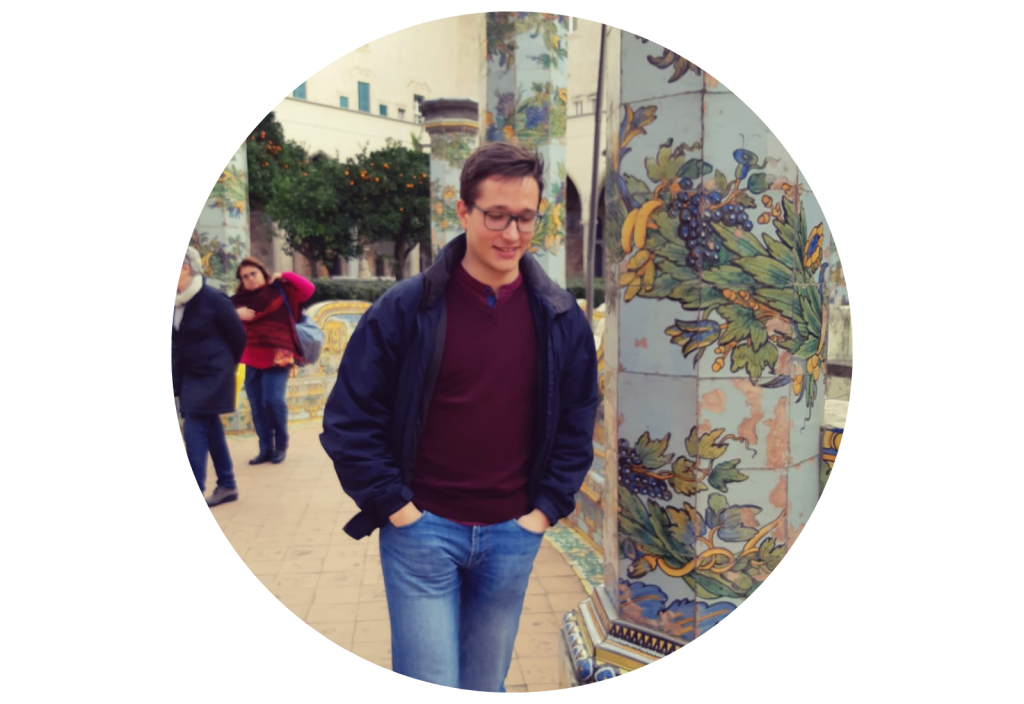
Why did you choose LSE?
This Dual MA has offered me the great opportunity to benefit from a wonderful immersion in the world of research in International History while living in two great global cities. Like Columbia University, LSE is immersed in an international and dynamic dimension that gives you the opportunity to have great life experiences beyond academia.
What did you do before you started your master’s?
I graduated in International Relations in Pisa (Italy) and did a 4 months traineeship in the Italian Parliament: I worked for the Parliamentary Research Center, in the Parliamentary Committee on International Affairs.
What are you looking forward to doing in your studies?
I would like to get into a PhD program in International History! This Master’s definitively convinced me to get into the academic market. It is going to be tough, but that is the kind of work I would enjoy the most.
What’s it like living in London? Where’s your favourite place to eat/visit?
I live at Sidney Webb, an LSE dorm in Borough, South London. There are many great things to do in town! I love jogging at dawn: the Thames, Westminster and St James park look glorious in the first hours of the morning. When I’m on campus, sometimes I go to Hiba to have a quick meal: this Palestinian/Lebanese restaurant gives me some good Mediterranean vibes I miss so much in London.
Do you have any advice for future LSE master’s students?
If English is not your mother tongue and you have no previous experience in UK higher education as in my case, work hard on your academic English skills before beginning the program. Like the rest of British universities, LSE has its own specific preferences on paper structure and writing style. Take the academic English course while at LSE and make sure with your instructors what their expectations are on writing styles and paper structure. It can save you a lot of time and improve your marks a lot!
Name: Marcus Chee
Degree: Msc International Affairs (PKU-LSE)
Age: 26
Hometown: Singapore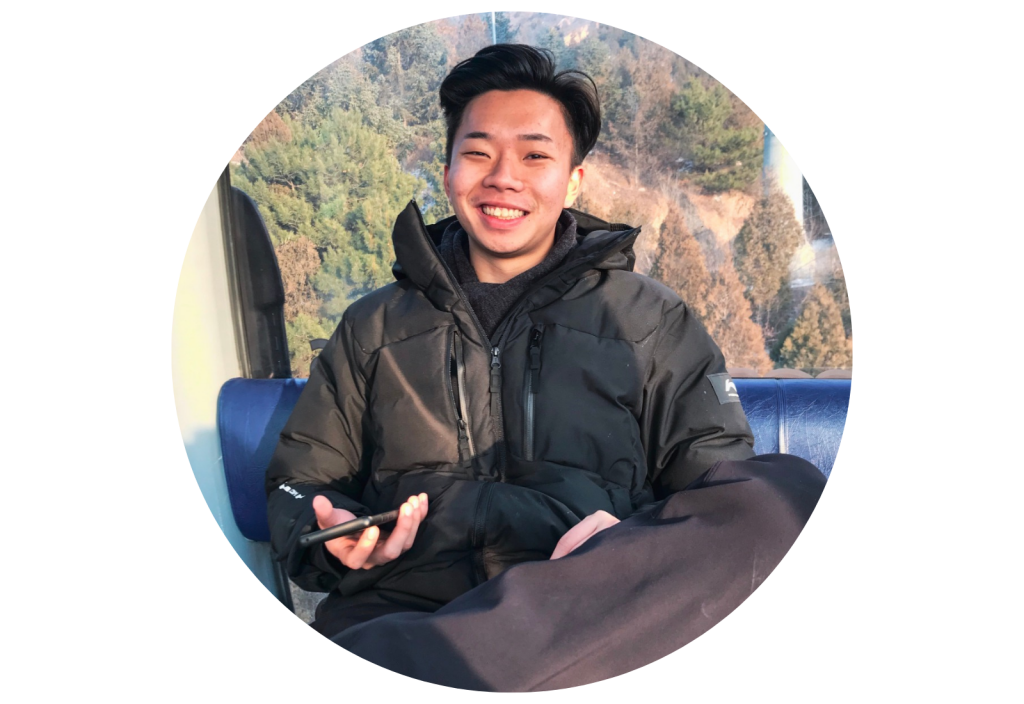
What can you say about your academic growth at LSE?
My academic growth at LSE was incredible. Being here in London and participating in ‘blended learning’ with the LSE has been enlightening. The expansive reading list, stocked library, intellectually curious classmates – it truly allows one to expand one’s mind.
What did you do before you started your master’s?
I was in Peking before my time in London. I completed my first half of my Master’s program in Beijing, albeit with COVID. I went straight from my undergrad into my Master’s in China.
What were the most important factors influencing your decision to come to LSE?
The most important factors were perhaps the city, London and LSE’s prestige and eminence in my field of interest.
What are you looking forward to doing in your studies?
Discussing the latest readings (the issue on Palestine, Pacific war and Colonial armies) with classmates at a coffee shop or a bar. What’s really exciting is that this usually fosters interdisciplinary (courses) discussion about how certain time period/spatial causes also relates to another. That’s really exciting!
How has the pandemic affecting your experience as a master’s student at LSE?
As a Master’s student, the pandemic does restrict or limit access to archival material, libraries and museums. That’s certainly quite an inconvenience since London truly has an immense repository of historical materials, exhibits and texts.
Do you have any advice for future LSE master’s students?
I think bring an open mind. If you come in willing to positively engage with the academic workload, I think you’ll find the intellectual environment here to be really stimulating.
Name: Madihah Karim
Degree: MSc Theory and History of International Relations
Age: 23
Hometown: London, U.K. 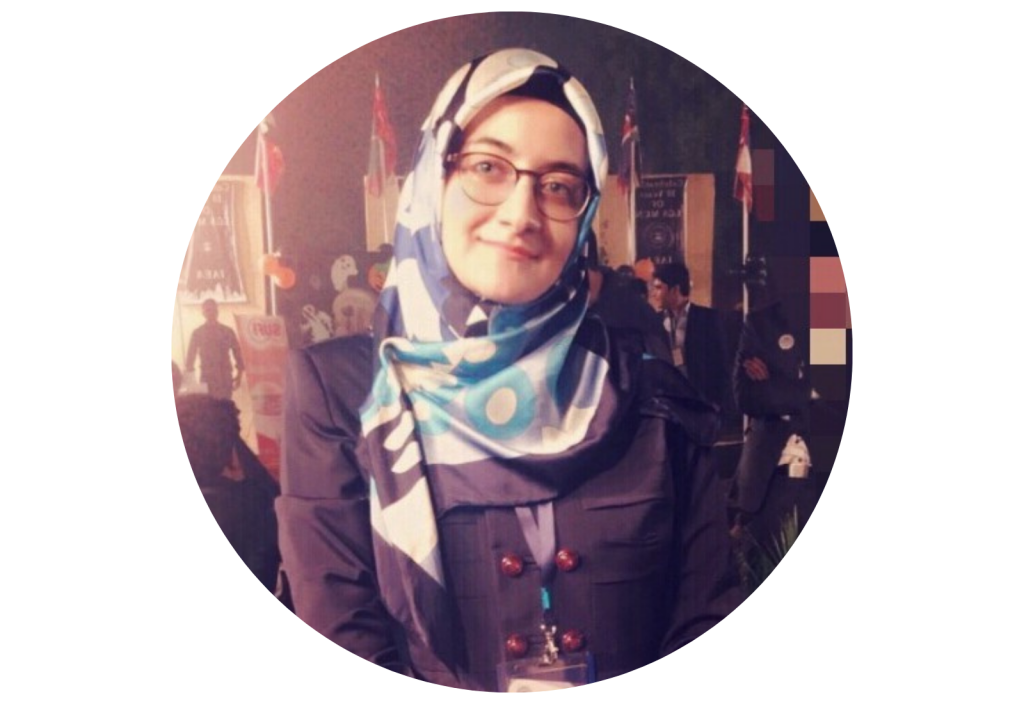
Why did you choose LSE?
I did my undergraduate degree at the University of London and my modules were designed by the LSE so I was familiar with the structure of courses and assessment systems. Naturally, it made sense to me to look into the institution for higher education. When I was applying for my master’s, I also noticed it was the only high-ranking university that offered a degree situated in two departments i.e. the department of International Relations and the department of International History which was an exciting prospect as it meant I would have more choice when it came to course selection and an opportunity for the degree to be tailored to my own specific research interests.
What did you do before you started your master’s?
I worked as an undergraduate tutor at my alma mater for a year and then went on to do a traineeship at the EU for 9 months where I learnt a lot about refugee and migration policy. I also did voluntary work with Extinction Rebellion UK, including climate activism and briefly interned at an NGO in Lahore called the Centre for Economic Research in Pakistan, which is affiliated with the Harvard-Kennedy School.
What can you say about your academic growth at LSE?
Well, I’ve definitely been challenged more than I expected. From an intellectual standpoint, I jumped into a history degree with no prior experience in the subject, so I’ve been able to develop new academic skills such as identifying historiographical patterns in articles and incorporating historiography into my essays. Additionally, I think the discussion-based seminars have really helped shape my research interests in the sense that I can now see myself as being able to identify and appreciate specific aspects of the scholarship and situate my own views within the work of others, so I find there is now a more mature approach to my analysis of academic texts.
What’s it like living in London? Where’s your favourite place to eat/visit?
I’m in London right now, and I’m pretty sure I’m not being biased when I say living here is a dream. Of course, the pandemic has made exploring difficult but there is still so much to do, even if it’s just walking around at night especially during the holiday season when everything seems so magical and festive. I have way too many favourite places to list but currently I love walking to St. Paul’s Cathedral. It’s not far from campus and is so pretty at night – the courtyard is perfect to unwind and relax in. I tend to stop at Covent Garden on my way to grab something to eat; there are some cosy cafes tucked away that are always fun to find, Nutshell being a new favourite discovery. I also really like going to Portobello Market and browsing through the vintage shops – you never know what goodies you’ll find especially on a student budget!
Do you have any advice for future LSE master’s students?
Don’t be intimidated by the reading lists! They can seem long and dreadful but if you genuinely enjoy the course, it isn’t as scary as it seems, especially if you make a conscious effort to stay on top of it. Also, be sure to talk to your professors if you are struggling. One thing I love about LSE is how accessible and willing to help the faculty is, especially your academic advisor who will always talk you through your concerns. Lastly, reach out to your class fellows and make friends because you’ll need a support system to unwind with when the workload seems too heavy and you need a bit of fun!
Be sure to check out Part II of this blog to hear more about the experiences of the international history students at the LSE!


